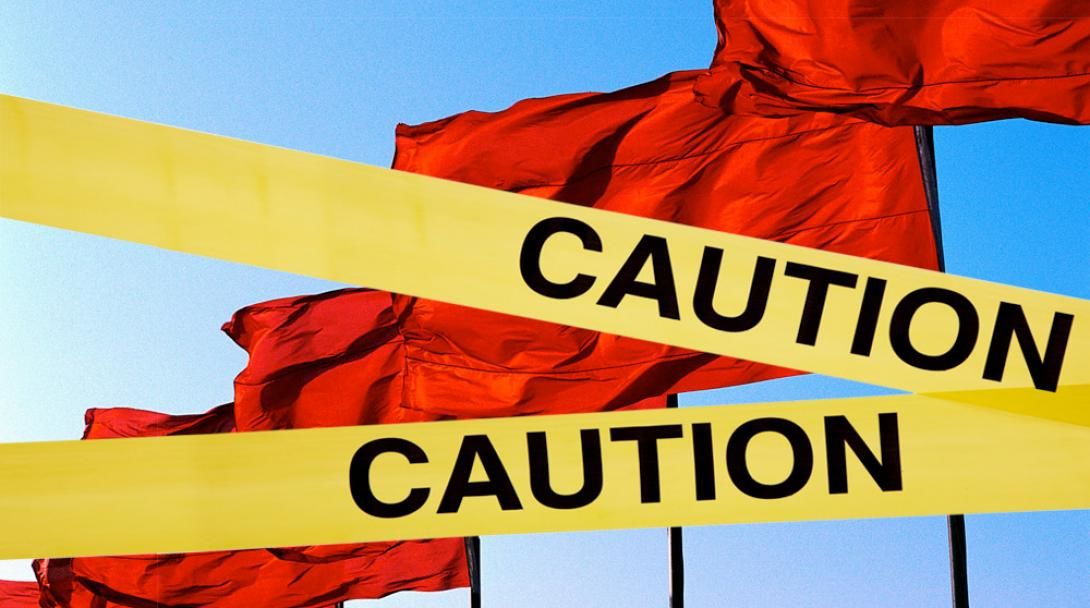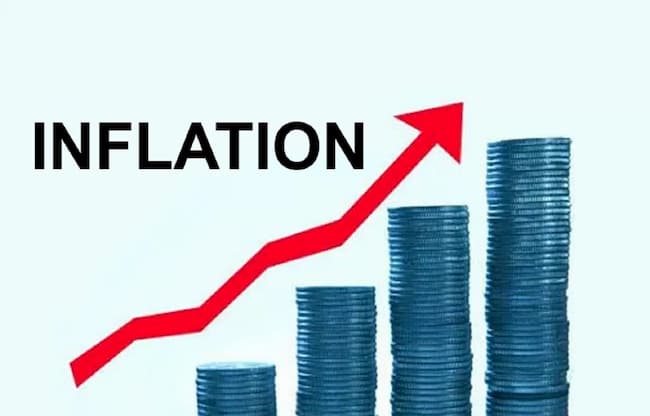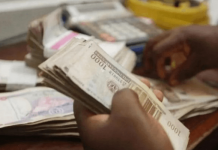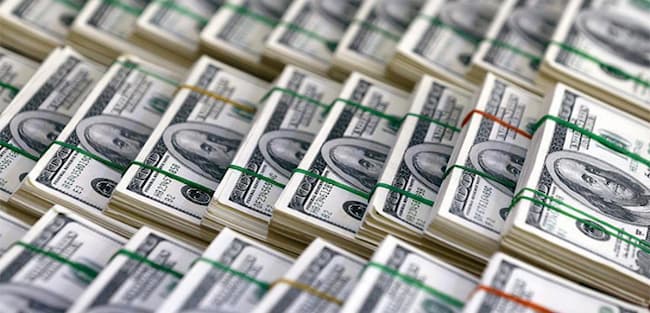Economists and business analysts in the country says improved food production and ensuring the security and lives and properties of farmers in the northern part of the country would halt the continuous rise in inflation rate.
The analysts who spoke with Biz Watch Nigeria on Sunday expressed worry that the major factors pushing up consumer prices were not being addressed by the government.
They added that the impact of lockdown to curb the spread of coronavirus last year had not eased.
According to them, the deregulation of the oil and gas sector last year affected price of petrol, cost of transportation, price of food and other essential commodities in the country.
The National Bureau of Statistics inflation report on Friday had shown that inflation rate jumped in December to its highest level in more than three years as it stood at 15.75 per cent, compared with 14.89 per cent in November.
The consumer inflation rate in December was the highest since November 2017, when it stood at 15.90 per cent.
READ ALSO: Nigeria Records Highest Food Inflation Since 2016
The NBS report stated the composite food index rose by 19.56 per cent in December from 18.30 per cent in November as result increases in prices of bread and cereals, potatoes, yam, and other tubers, meat, fruits, vegetable, fish and oils, and fats.
The Director-General, Nigeria’s Employers’ Consultative Association, Dr Timothy Olawale, noted that the rise in inflation rate showed a continuous erosion of the purchasing power of the citizens.
According to him, increased sales during the yuletide, weakened naira, and insecurity in the farming areas are other factors.
He expressed optimism that with the re-opening of the land borders and expected improvement ion economic activities, the rising inflation rate would be stemmed.
“Critical to attaining recovery and stemming the skyrocketing inflation rate includes mixture of interventions, prominently is addressing the insecurity in farming areas, predominantly the Northern region of the country; weakened naira and management of the foreign exchange availability for economic activity,” Olawale added.
“We are optimistic that the rate of the increase in the inflation rate over the next few months will be stemmed, gaining from economic activities related to the opening of the borders and the hope of continuous economic activities as the economy is very fragile currently to withstand another total or partial lockdown.”
“Therefore, we call for coordinated and aggressive sensitisation of citizens in the wake of the second wave towards adhering to COVID-19 regulations and protocol as well as putting in place stricter measures against non-compliance.”
READ ALSO: Nigerian Govt Seeks Fresh Investment In N150bn Bonds
An economist with the Lagos Business School, Dr Bongo Adi, stated the price of fuel, which is a major input for transport services, rose by 40 per cent in the previous year due to deregulation of the sector.
He said, “The decision by a driver to increase transport fare can never be determined by the amount of money he uses in buying his car. Much of what the vehicle use is the fuel and the import tariff is a sunk cost which does not feature in decision making.”
He called on the government to introduce interventions that would ensure a reduction in the price of spare part for motor vehicles as they had in increased by about 100 per cent due to the foreign exchange devaluation.
Speaking on the reduction of import tariff by the government to make transport affordable, Adi said, “Anybody saying a reduction in tariff on imported vehicles will reduce transport fare is being mischievous to say the least.”
The economist added, “The fact of the matter is that increased exchange rate impacted the cost of importing spare parts. There has been almost 100 per cent increment in cost of motor vehicle spare parts added to this is the high cost of fuel. There is no way inflation rate will not go up.
“For food inflation rate, we still have a large effect of the lockdown last year on farm output and with low harvest. With that lower harvest there is not sufficient food to go round.
“We need to add that population growth, which is rising at more than three per cent but we are still in the negative GDP growth. They are both moving in the opposite direction.”
He said the policies of the Central Bank of Nigeria to increase food production in the country would make food items more affordable, which would in turn reduce the inflation rate.
A Professor of Economics at the Olabisi Onabanjo University, Prof. Sheriffdeen Tella, urged government to subsidise farm input to ensure farmers have the maximum farm output when they harvest their crops.
According to him, not every stakeholder in the food production value chain will benefit from the reduced levy on imported vehicles.
Tella advised the government to consider extending the levy reduction on imported spare parts to enable affordable maintenance of old vehicles conveying farm produce.
The economist stressed the importance of good road networks across the country to making transport and logistics convenient.
















